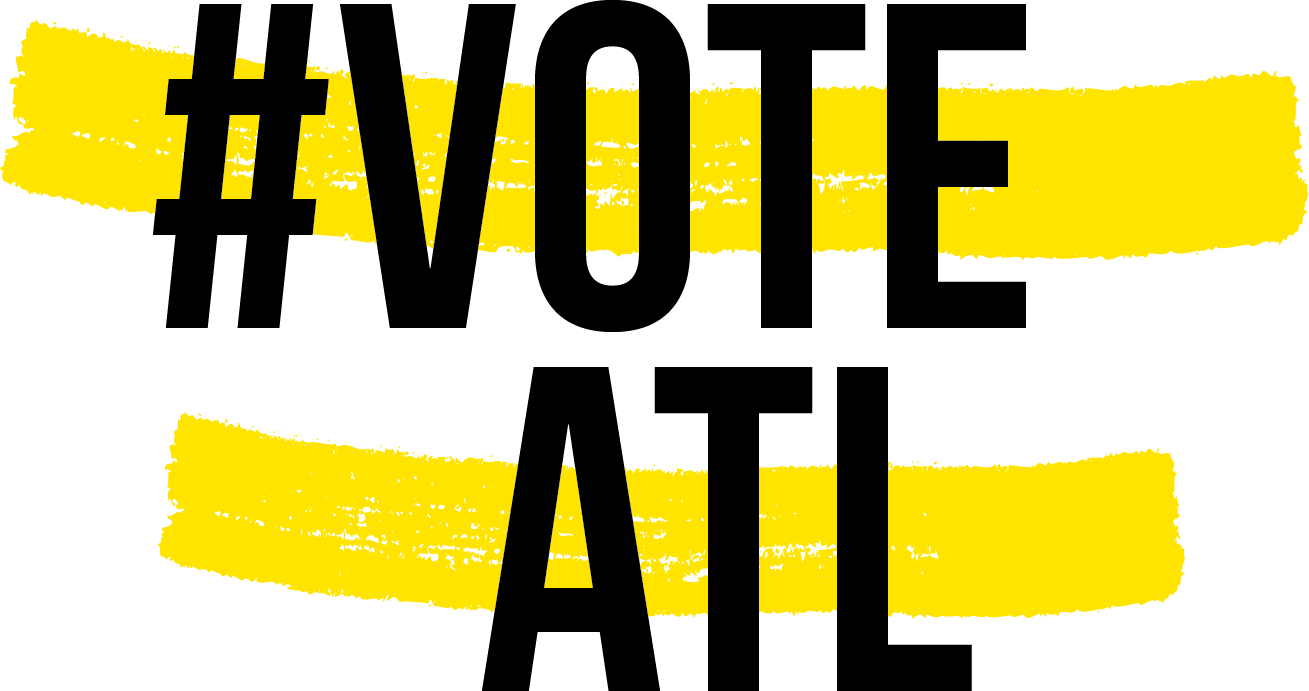About Westview
The 50s and 60s saw Westview as a predominantly white neighborhood, shaped as it was by attempts to maintain a color line through urban development schemes, such as the creation of I-20 during the mid-1960s. However, local universities (close to Westview), primarily those that form the Atlanta University Center Consortium or AUC, such as Clark, Spelman, and Morehouse, all hosted young activists that participated in the civil rights movement. Student organizations like the Student Non-Violent Coordinating Committee (SNCC) and African-American civil rights organizations like the Southern Christian Leadership Conference (SCLC) had offices in the greater West End. Resident Patricia Perdew, a veteran of the civil rights movement, recalls her involvement in Atlanta-based civil rights activities. Janice Sikes Rogers, a historian of the West End, specifically, and local activist, also elaborates on her historical knowledge of the AUC Consortium and key figures involved with these Atlanta universities.
After legal segregation was ended, Westview experienced what many urban neighborhoods at the time experienced: a rapid racial change known as “white flight.” This means that as segregation was dismantled, white residents responded by leaving the neighborhood and moving to the suburbs, and for the first time African Americans were allowed to buy homes in the area. In oral history interviews with residents like Nelly Harmon, who moved into Westview in the early 1970s, you can hear how entire streets were left vacant by white families leaving the metropolitan suburbs and moving out of the Atlanta area. Nelly recalls ‘moving days’—where white families vacated entire streets all in the span of a few weeks. Mary Elizabeth Dukes speaks to the experience of newly arriving black families in the 1970s, describing the relationships she forged along the way with her neighbors in a post-segregation Westview. By 1969, Westview had transitioned and was a predominantly black neighborhood.
Community Map

Georgia Municipal Courts
The Georgia Municipal Courts serve incorporated municipalities and try ordinance violations, issue criminal warrants, conduct preliminary hearings, and hear misdemeanor shoplifting and possession of marijuana cases. The Municipal Court is the only exposure many of Georgia’s citizens have to the judicial system.
Municipal courts are city-level courts that have jurisdiction over traffic cases arising within the city limits, cases involving municipal ordinances, and certain specified misdemeanor offenses (O.C.G.A. § 36-32-1 et al.).
Atlanta Municipal Court Judges are running for re-election on the November 2, 2021 ballot.
This is a retention election. A Retention Election is when a sitting judge is listed on the ballot for a yes or no vote. In most cases, judges must receive a majority of yes votes to remain on the bench. If a judge receives a majority of no votes, he or she is removed from the bench and a replacement is selected using the state's method for selecting judges in case of a vacancy. Source @Ballotpedia.

Municipal Court Judges running for reelection:
JaDawnya Baker
Ardra Bey
Crystal Gaines
Calvin Graves
Terrinee Gundy
Gary Jackson
Christopher Portis
Christopher Ward

All of your questions about voting in Atlanta, answered.




